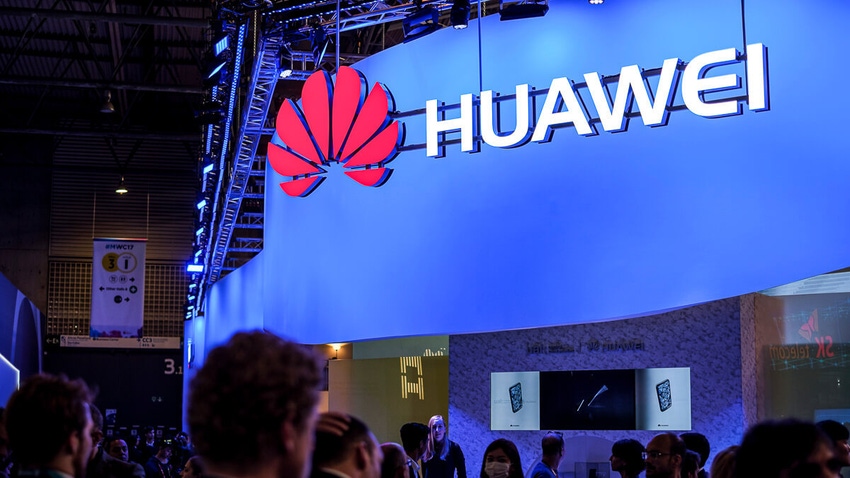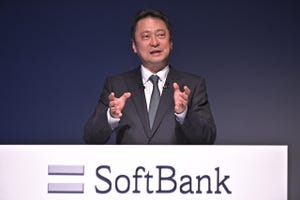German minister takes firm stance over Huawei and 5G
Interior Minister Nancy Faeser says she will not be deterred by the cost argument of removing 5G network components deemed to be high risk.

Last week, Deutsche Telekom CEO Timotheus Höttges appeared to downplay the likelihood that Germany would ban China-based vendors, saying he sees "no decoupling intention from the German government" nor "any kind of aspiration for banning any new vendors here."
Höttges acknowledged that there is "one component" in the German operator's RAN infrastructure that might concern the Federal Office for Information Security (BSI) "which is the configuration management," although he said DT is "on the way of becoming independent here as well."
However, buried in the Group's interim report for 2023 is a fairly lengthy clarification of the corporate risk presented by Chinese vendors. For instance, the operator notes that in March the Federal Ministry of the Interior and Community (BMI) asked all German network operators to identify all 5G components from Huawei and ZTE that have already been installed "and map critical functions," and to notify the authority accordingly.
At the end of last week, Germany's interior minister, Nancy Faeser, waded into the issue. She made it pretty clear that the German government no longer wanted national telcos to rely on Chinese 5G equipment.
In an interview with German newspaper Handelsblatt (paywall), Faeser also indicated that the government would not be deterred by the cost of removing components deemed to be a security risk.
"We are currently examining the possibility of influencing Chinese components in the 5G network. We will prohibit components if there are serious security risks," she said. "If the risk is high, then we will draw appropriate conclusions. Then the network operators have to act and remove the components. I don't let the cost argument fool me either."
In what can be seen as a rebuke to Germany's three main mobile network operators, Faeser noted that "the risks have been known for a long time. Our security authorities have repeatedly warned against one-sided dependencies. I do think that the providers had enough time to adapt to this."
Although DT and Höttges have tended to defend the operator's use of Huawei, German and European Union moves are putting increasing pressure on operators.
In Germany, for instance, the Federal Office for Information Security (BSI) gained new authority following the signing into law of the IT Security Act 2.0. Specifically with regard to mobile networks, the Act contains a regulation on prohibiting the use of certain critical components to protect public order or security in Germany.
In June, EU Internal Market Commissioner Thierry Breton complained that EU member states have been too slow to implement the 5G security toolbox that the Commission introduced in 2020 in an effort to mitigate security risks in networks. The European Commission now wants to see all member states "adopt urgently relevant measures as recommended in the EU toolbox, in order to effectively and quickly address the risks."
Huawei has previously said it "strongly opposes and disagrees with the comments made by representatives from the European Commission. This is clearly not based on a verified, transparent, objective and technical assessment of 5G networks."
State of dependence
The primary problem in Germany is that Huawei is understood to figure prominently, accounting for almost 60% of the 5G RAN equipment deployed so far, according to data from Strand Consult, a Danish firm.
"In 2020, 57% of Germany's 4G RAN came from Chinese vendors. In 2022, 59% of the 5G RAN in Germany comes from Chinese vendors. Huawei enjoys a higher market share in Berlin than in Beijing where it shares the market with ZTE and other vendors," the consultancy said.
John Strand, founder of Strand Consult and an outspoken critic of Huawei, also observed that "operators like Telenor and Telia in Norway, TDC in Denmark, 3 in Denmark and Sweden, T-Mobile Netherlands, and Proximus in Belgium have switched out Chinese suppliers. None of those operators reported increased networks cost or delay in 5G rollout."
Related posts:
— Anne Morris, contributing editor, special to Light Reading
About the Author(s)
You May Also Like





.jpg?width=300&auto=webp&quality=80&disable=upscale)






